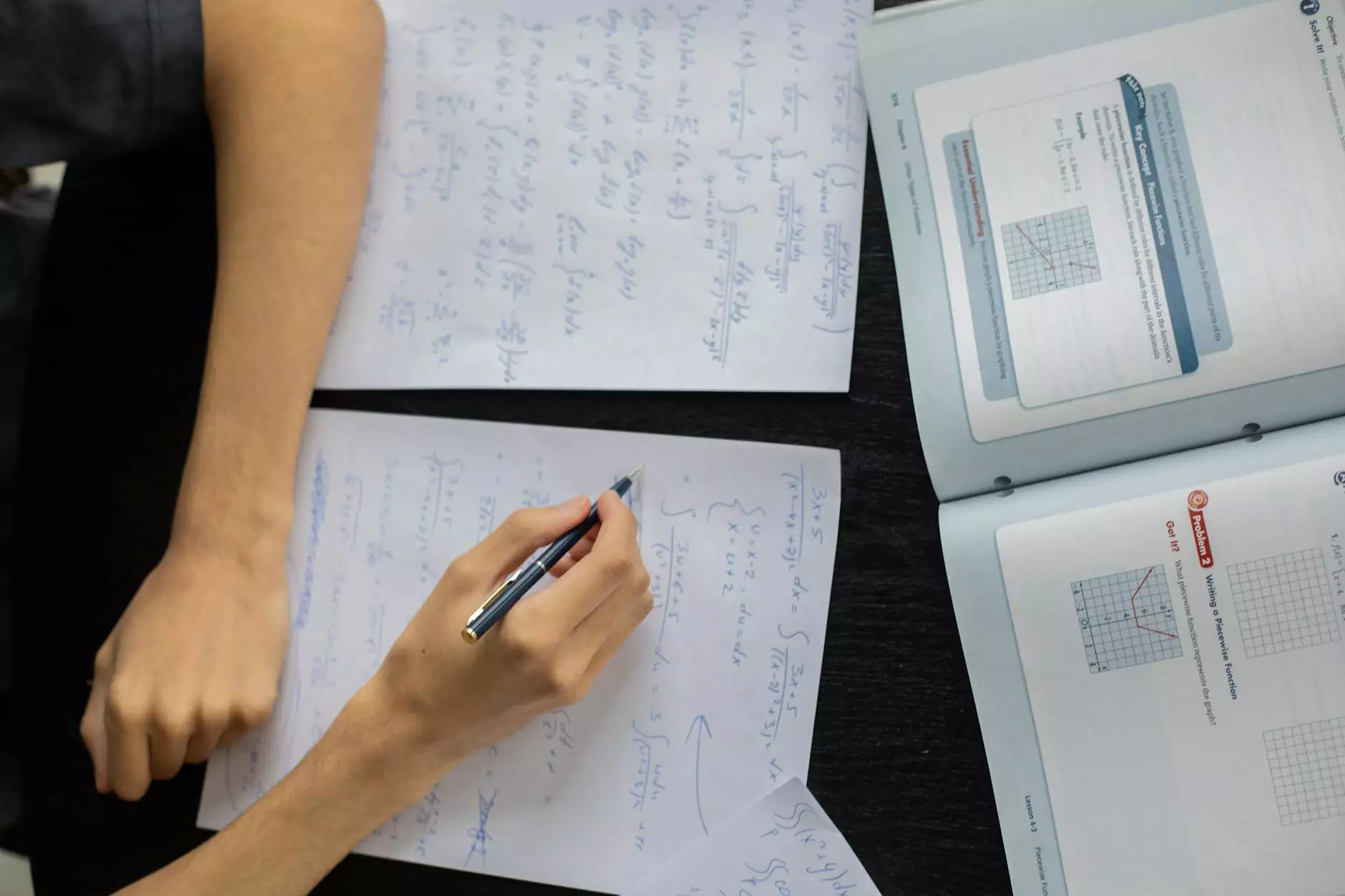184 – Wish Doing vs. Wish To Do – English Grammar Lesson
English Grammar Lessons
Welcome to NJCLT's English Grammar Lesson on the difference between 'wish doing' and 'wish to do'. In this detailed lesson, we will explore the nuances of these grammar structures, understand their usage, and provide you with practical examples to excel in your English language skills.
The Concept of 'Wish Doing' and 'Wish To Do'
In English grammar, 'wish doing' and 'wish to do' are used to express regrets or desires about the past, present, or future. The key difference lies in whether we are expressing a preference for an action in progress (doing) or a general desire (to do). Let's delve deeper into their usage and understand how they are employed.
Understanding 'Wish Doing'
'Wish doing' is used when we express a regret or desire about an action that is currently in progress or ongoing. It indicates that we would prefer the action to be different or completed in a different manner. This structure typically requires the present participle (-ing form) of the verb. Here's an example:
I wish I was attending the conference.
As shown above, the verb "attending" is in the present participle form, indicating an ongoing action that the speaker wishes to be involved in.
Unlocking 'Wish To Do'
'Wish to do' is used when we express a regret or desire about a general action or an action that is yet to happen. It highlights our preference for something different or a longing to do something specific. In this case, the verb is in the base form (infinitive) without the "-ing" ending. Consider the following example:
I wish to visit Paris someday.
Here, the verb "visit" in its base form conveys the wish or desire to visit Paris in the future.
Usage and Examples
Now that we understand the basic concepts of 'wish doing' and 'wish to do', let's explore their usage in various contexts with illustrative examples:
1. Wishing for a Different Past
We use 'wish doing' or 'wish to do' to express regrets or desires about past actions or situations. Here are a few examples:
- I wish I had studied harder for the exam. (Regret about not studying sufficiently in the past)
- He wishes he hadn't missed the train. (Regret about missing the train in the past)
- We wish we could travel back in time. (Desire to travel back in time, even though it may not be possible).
2. Expressing Dissatisfaction with the Present
'Wish doing' and 'wish to do' can also be utilized to express dissatisfaction with one's current situation. Take a look at these examples:
- Sarah wishes she was earning a higher salary. (Desire for a higher salary in her current job)
- They wish they had more time for personal hobbies. (Regret about not having enough time for hobbies in the present)
- We wish we could change the world. (Desire to make a difference in the world, even though it may not be feasible at the moment)
3. Dreaming About the Future
'Wish to do' is commonly used to express hopes and aspirations for the future. Consider these examples:
- I wish to learn a new language next year. (Desire to acquire a new language skill in the future)
- She wishes to become a successful writer someday. (Aspiration to achieve success in writing)
- They wish to travel the world after retirement. (Desire to explore different parts of the world during retirement)
Mastering the 'Wish Doing' and 'Wish To Do' Structures
To become proficient in using 'wish doing' and 'wish to do', it is essential to practice their application in various scenarios. The key is to understand the context and select the appropriate structure accordingly. Continuous practice and exposure to different examples will enhance your language skills and ensure accurate usage.
At NJCLT, we provide comprehensive English grammar lessons like this one, covering a wide range of topics to solidify your understanding and propel you towards fluency. We believe that well-structured and informative lessons play a crucial role in language learning.
Now that you have gained a deep understanding of 'wish doing' and 'wish to do', apply this knowledge in your conversations and written expressions. Feel free to explore more articles on our website for an enriched learning experience.
Conclusion
In conclusion, 'wish doing' and 'wish to do' are valuable grammar structures that allow us to express regrets, desires, and aspirations. By grasping their nuances and practicing their usage, you can enhance your command of the English language and communicate more effectively. NJCLT is here to guide you on this journey, providing you with exceptional lessons to improve your language skills. Stay motivated, keep learning, and unlock success in mastering English grammar!










